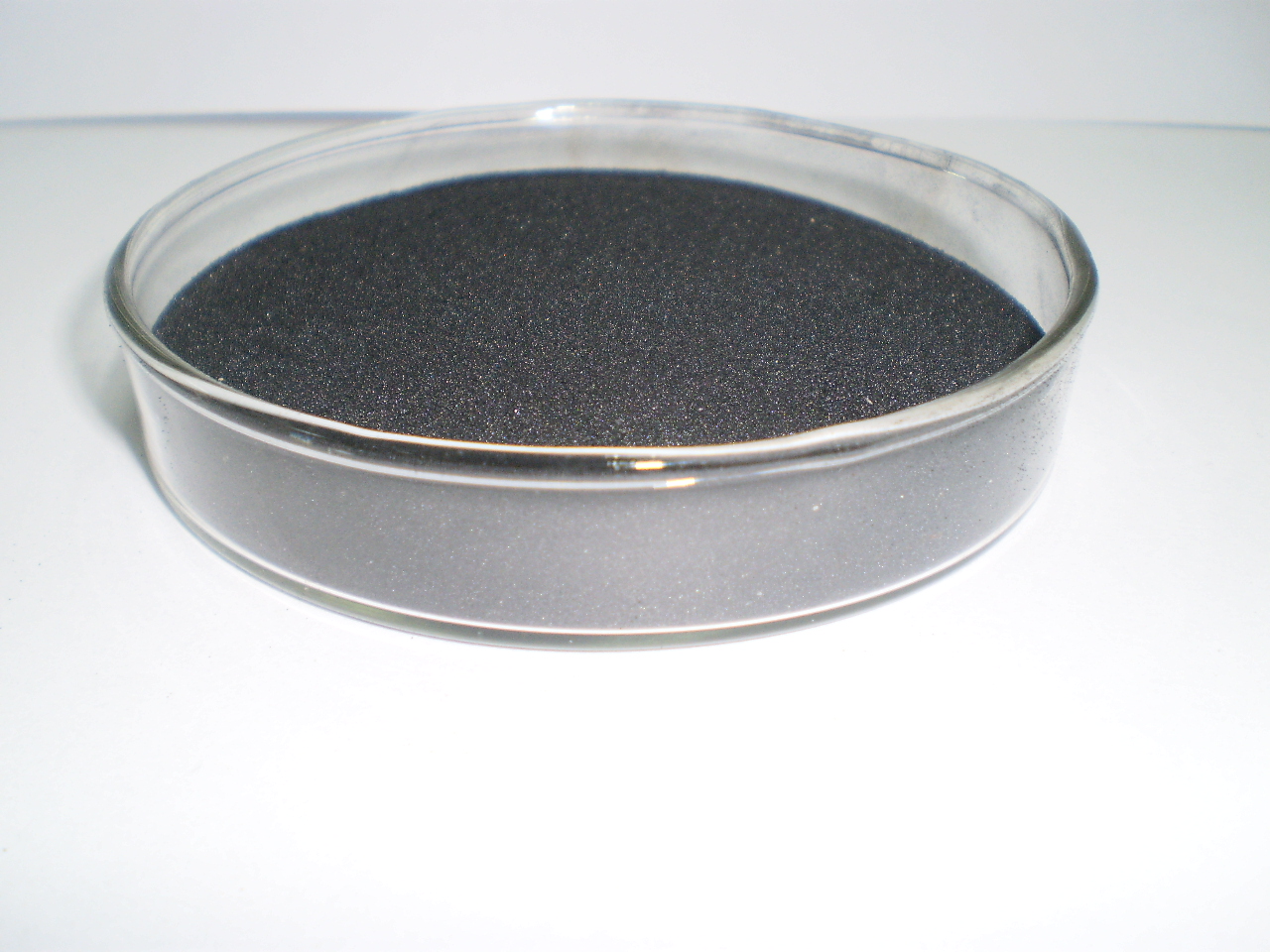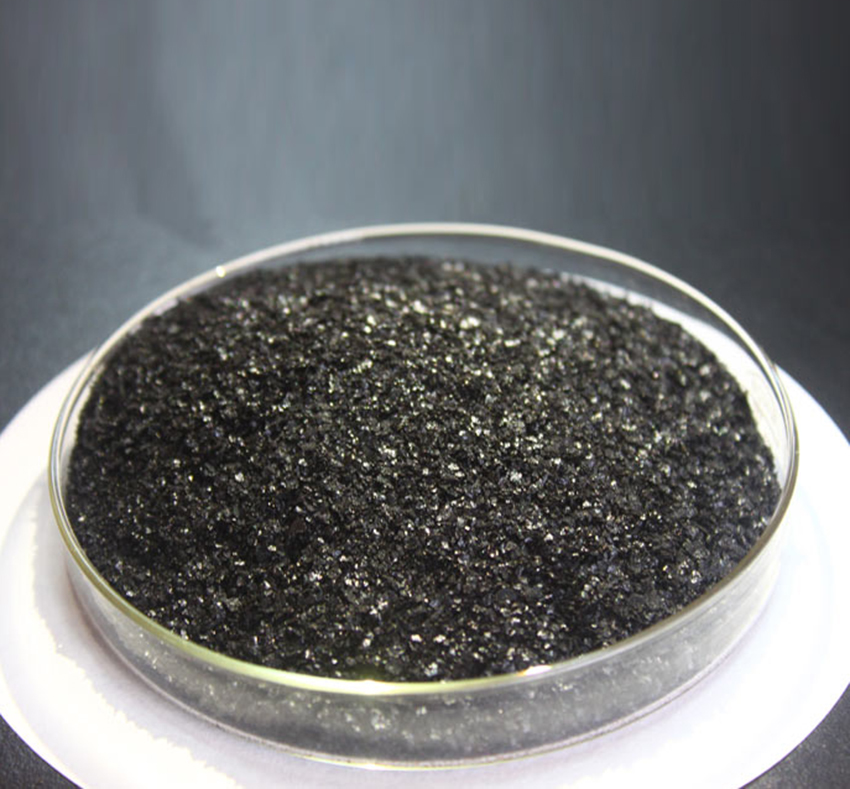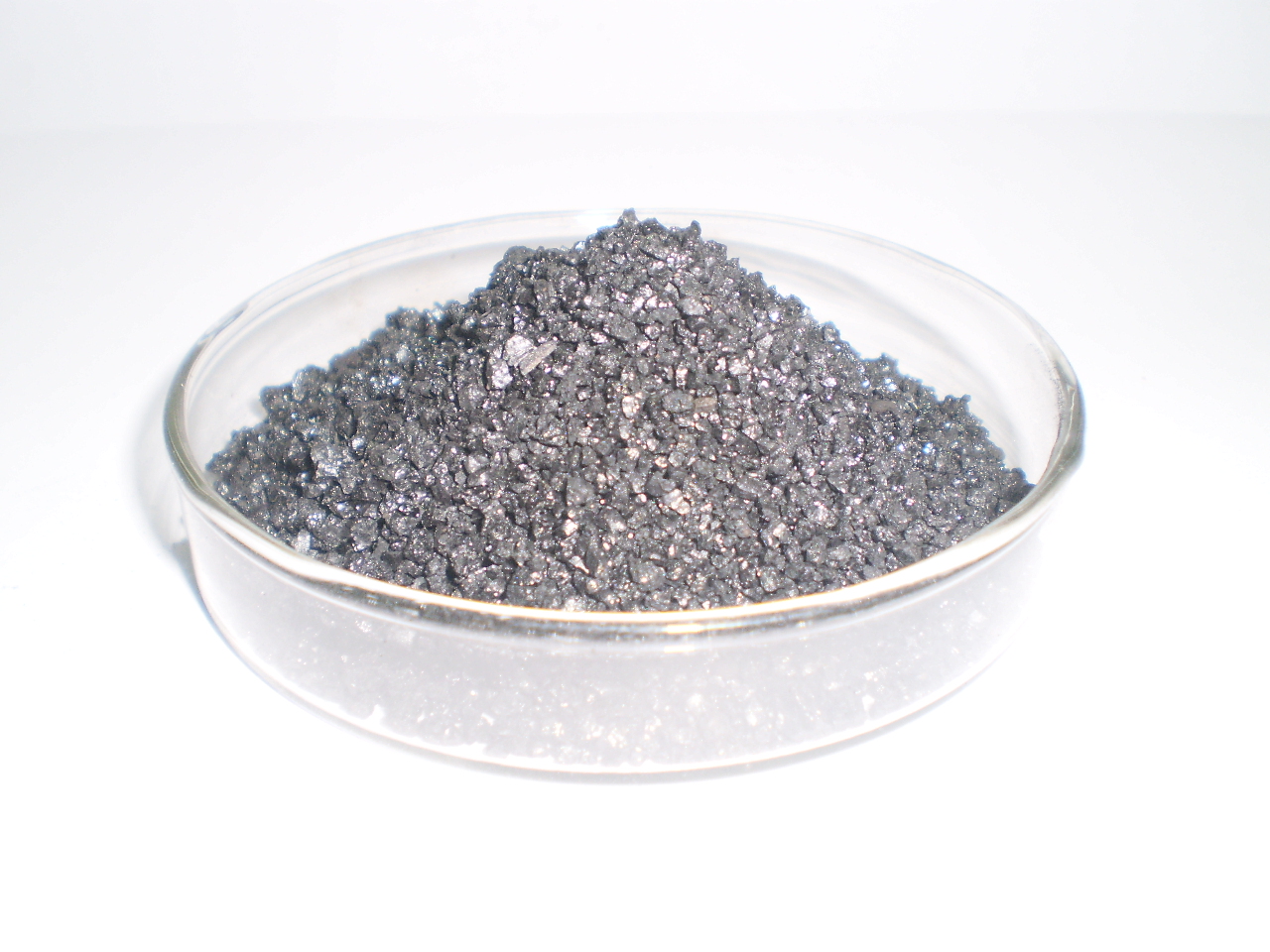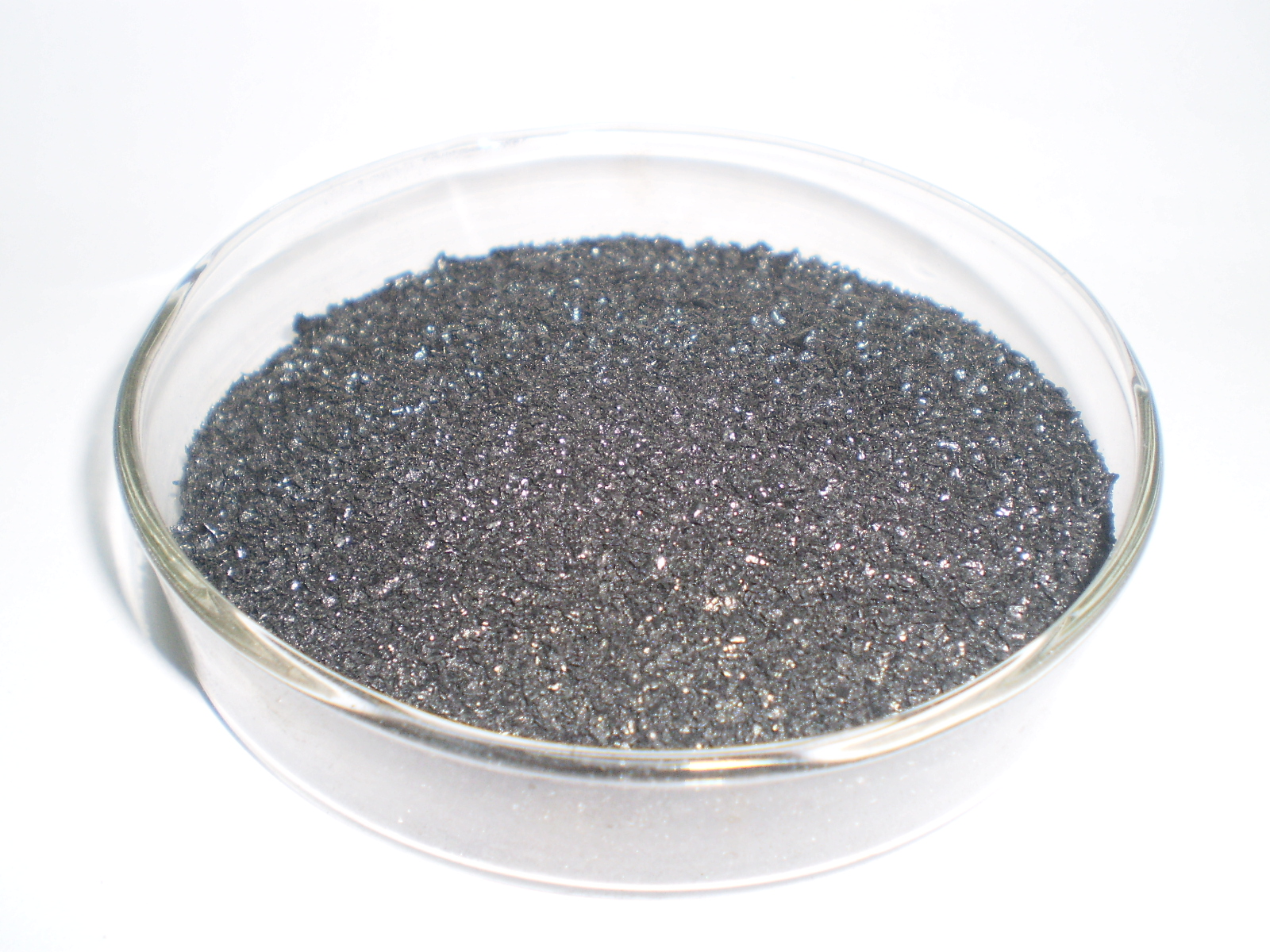Potassium humate is a non-uniform aromatic hydroxycarboxylate with a black granule or powdery solid. It is a product obtained by finely selecting lignite and then extracting it with KOH liquid. It is soluble in water and alkaline. It contains an active group such as a carboxyl group or a phenolic hydroxyl group.
Potassium humate benefits for crop, potassium humate promote plant growth and increase crop yield,improve fertilizer efficiency
(1) Nitrogen
Potassium humate can significantly reduce nitrogen fertilizer loss, increase nitrogen use efficiency, and have nitrification inhibition, prolonging the time of nitrogen fertilizer utilization by plants.
(2) Phosphorus
Potassium humate can inhibit the fixation of phosphorus in soil, increase the moving distance of phosphorus in soil, delay the conversion of available phosphorus to delayed or ineffective phosphorus, increase the utilization rate of phosphorus fertilizer and fertilizer efficiency, and increase the phosphorus uptake of crops. Insoluble phosphorus has a solubilizing effect.
(3) Potassium
Potassium humate can reduce the fixation of potassium in the soil, increase the potassium absorption of plants, and activate the potential potassium in the soil.
(4) fulvic acid can greatly improve the calcium pump activity of fruit trees, and its effect is higher than that of amino acid calcium, which is much higher than calcium nitrate in inorganic calcium, and is an excellent calcium supplement.
(5) Trace elements
Potassium humate also has synergistic and protective effects on trace elements in fertilizers.
For soil: improving soil structure, adjusting soil pH increases soil buffer capacity.
(1) Increase soil nutrition Potassium humate in the soil through adsorption, complexation, chelation, ion exchange, etc., or indirectly through activation or inhibition of soil enzymes, enrichment of nutrients, can protect and store nutrients. It plays an important role in forming a slow-acting nitrogen source, fixing nitrogen in the atmosphere, promoting the dissolution of insoluble phosphorus and potassium, reducing the loss of various nutrients, and promoting inorganic components in various rocks or minerals. Gradually dissolve.
(2) Improving the physical structure of soil The gelling property of potassium humate promotes the adhesion of soil particles to form a stable agglomerate, which promotes the formation of soil aggregate structure. Potassium humate can deepen the color of the soil, which is beneficial to absorb solar radiation and increase the ground temperature.
(3) Improve soil moisture content Humic acid potassium can increase soil water holding capacity by 5 to 10 times.
(4) Improved soil The structure of potassium humate is a weak acid-basic system, which has the ability to regulate and buffer soil pH, and can also improve soil cation exchange capacity and reduce soil salinity.
(5) Promote soil microbial activities Provide a major source of energy for soil microbial activities, improve microbial populations in soils, and promote the growth of beneficial bacteria.
(6) Reducing soil pollution It has a buffering and attenuating effect on soil pollutants; at the same time, it inhibits the activity of nitrifying bacteria and denitrifying bacteria in soil, reduces the conversion of ammonium nitrogen to nitrate nitrogen; and forms a large amount of heavy metals in soil. Molecular chelate, reducing heavy metal pollution.
Potassium humate benefits for crops-Biological effects
stimulate the growth and development of crops. Potassium humate can enhance the activity of various enzymes of crops, improve the ability of crops to absorb water and nutrients, enhance crop metabolism, accelerate growth and development, improve maturity and improve quality.





